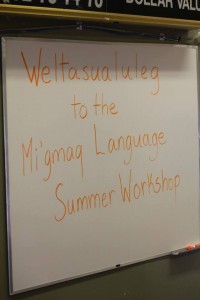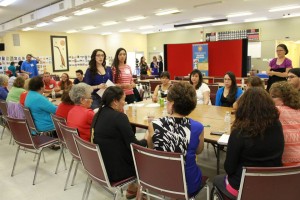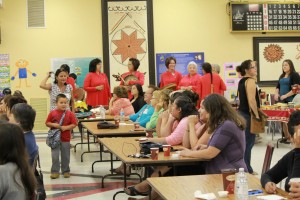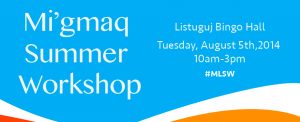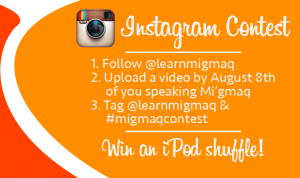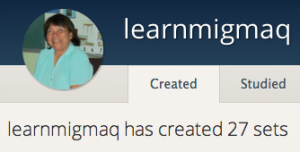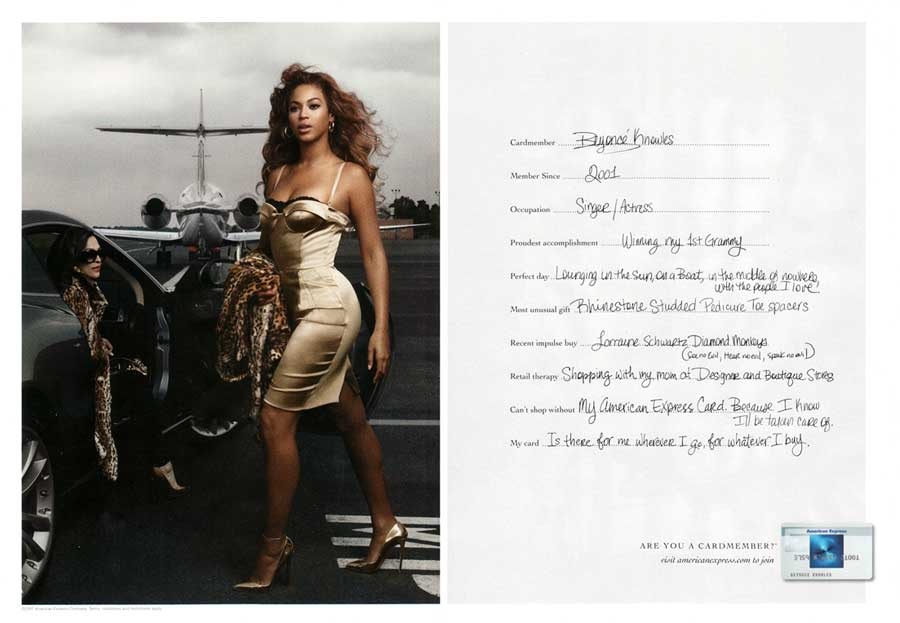With the second Mi’gmaq Language Summer Workshop right around the corner, we thought it would be a good time to remind everyone how fun the first workshop was last year!
Highlight #1: At our first workshop we had two guest speakers from different Mi’gmaq communities—Bernard Jerome from Gesgapegiag and Jaime Battiste from Eskasoni. The speakers related their personal experiences with the language, and how speaking Mi’gmaq has influenced their life. Many students and Elders were happy to see the speeches given half in Mi’gmaq and half in English. Travis Wysote noted, “The speakers were eloquent, a natural occurrence when our People speak from their hearts.”
Highlight #2: The goal of the workshop was not only to inform community members about resources available for Mi’gmaq language-learning, but to foster dialogue between Elders and young language learners. In the second half of our workshop, the audience formed groups for discussion and talked about the state of the language in the community. Afterwards, students were asked to briefly summarize what was discussed in their group.
Mary-Beth Wysote wrote,
“The part that I enjoyed the most was the discussions. I loved hearing what the elders in my group had to say. […] I realized after hearing what the elders had to say in our discussion group was that they regret not passing on the language and are genuinely afraid that the language will someday soon be lost. They also thought that the youth are not interested in learning Mi’gmaq which I can imagine discouraged them a bit. I don’t think I would have ever known how the elders felt towards the language had I not attended this workshop and they would not have known how us youth felt. The assumptions that we had about each other were wrong”
Highlight #3: Fun booths about a variety of topics were set up around the venue.
“The booths were interesting and ranged from more formal ones to informal ones and the information they shared was of critical importance with regards to language retention and language revitalization. Perhaps this was why the discussions were so lively.” (Travis Wysote)
We hope you can make it to this year’s workshop! Help us make language learning fun; bring your kids, your family, your pets!
Tliultesgultesnen Bingo Hall—‘we will all meet at the Bingo Hall’

